I'm trying to write a macro that expands into a safe way to call a block.
#define callBlockSafely(blockName, args...) \
if (blockName) \
{ \
blockName(##args); \
}
However, when I try to use this, I get this error:
So, what are alternative ways of achieving this?
